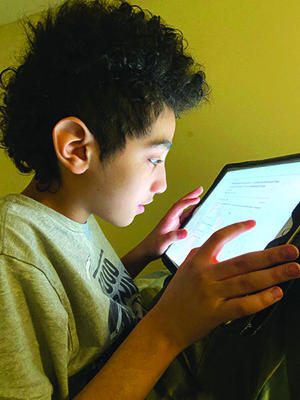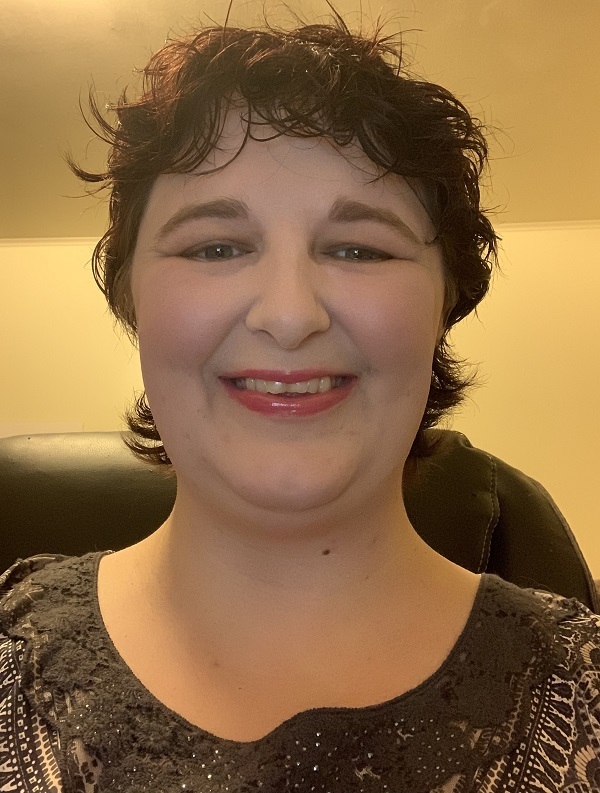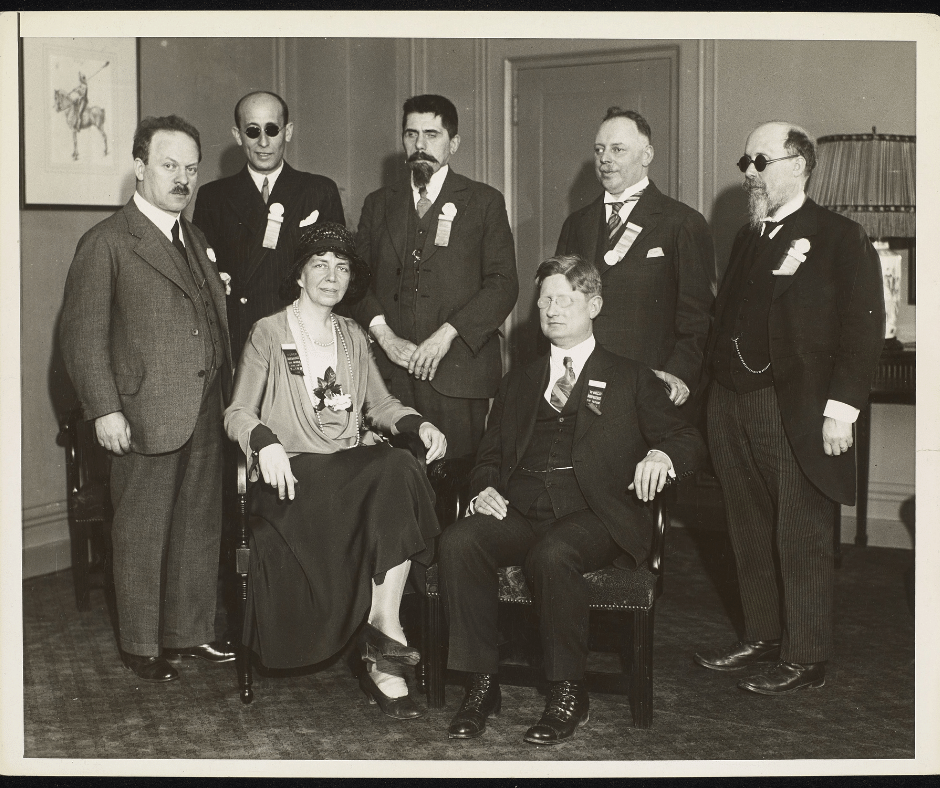The American Foundation for the Blind is concerned that the extensive and rapid downsizing at the US Department of Education could harm the services, funding, and civil rights protections that people who are blind, have low vision, or are deafblind rely on. The Department plays a critical role in enforcing rights and funding services required by the Individuals with Disabilities Education Act (IDEA) and the Rehabilitation Act. In 2021, more than 7.7 million children received services through IDEA.
Students who are blind or visually impaired should have the same educational opportunities and programs as their peers without disabilities. Through research, advocacy, and policy initiatives, AFB is working to create a world of no limits for students who are blind or have low vision. We speak up for children who are blind or visually impaired, to make sure every student has an equal opportunity to succeed.
Cerebral visual impairment (CVI), also referred to as cortical or brain-based visual impairment, occurs when damage to the brain’s visual pathways or networks affects visual processing. It can result from premature birth, genetic disorders, brain malformations, or trauma. Importantly, children with CVI grow into adults with CVI, requiring lifelong tailored interventions and services.
On Friday, May 19, the Department of Justice (DOJ) Civil Rights Division and the Department of Education Office for Civil Rights (OCR) issued a Joint Dear Colleague Letter on the participation of people with disabilities in online activities made available by colleges, universities, and other postsecondary institutions.
The American Foundation for the Blind (AFB) just released its Barriers to Digital Inclusion study, which identified the key areas where accessibility gaps still exist for online and mobile application content. And, as one would expect, education still rises to the top when it comes to accessibility hurdles. To close the gap, AFB wanted to share some valuable resources we have prepared for parents, students, and advocates over the past year.
Study shows majority of blind and visually impaired schoolchildren have been significantly disadvantaged during pandemic remote learning; inadequate digital tools are leaving these children behind.
On October 11, 2021, the FDR Memorial Legacy Committee (FDR Committee) hosted a celebration to commemorate the 137th birthday of former First Lady Eleanor Roosevelt with a wreath-laying ceremony at the FDR Memorial in Washington, DC.
The wreath-laying coincides with the 75th anniversary of First Lady Eleanor Roosevelt becoming chair of the UN Commission on Human Rights and drafting the Universal Declaration of Human Rights.
First some good news:
U.S. Eliminates Student Loan Debt For Some Borrowers With Disabilities
NPR, August 19, 2021
The American Foundation for the Blind strives to keep people who are blind or who have low vision and their families up to date on the policy issues that affect us all. Here are a few recent news stories we found particularly noteworthy.


